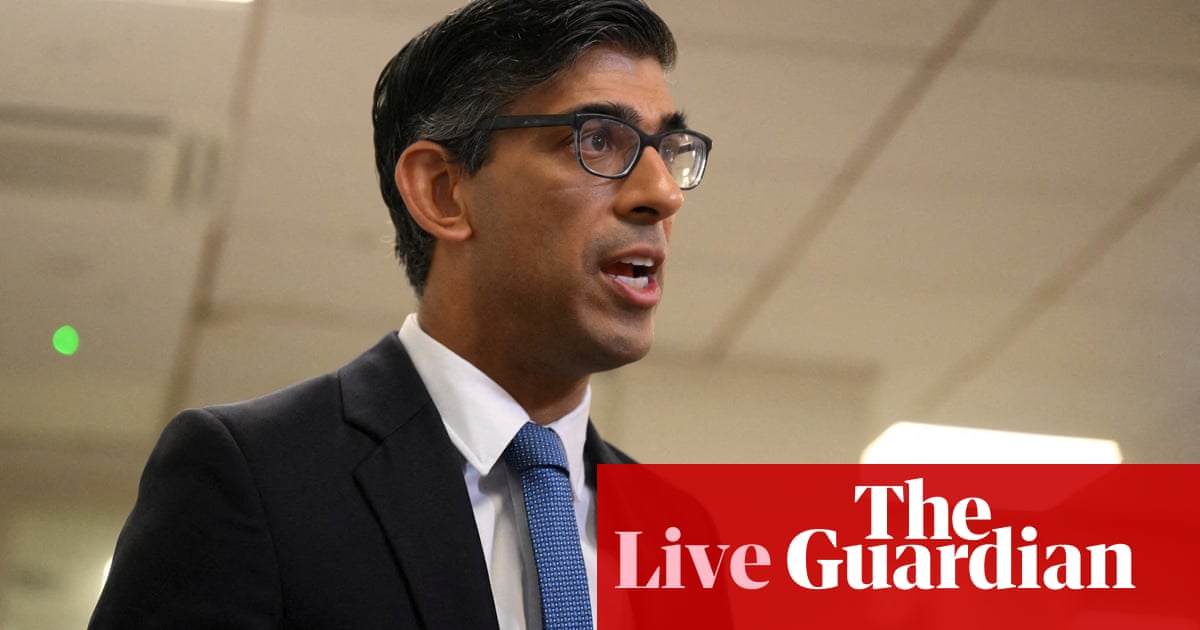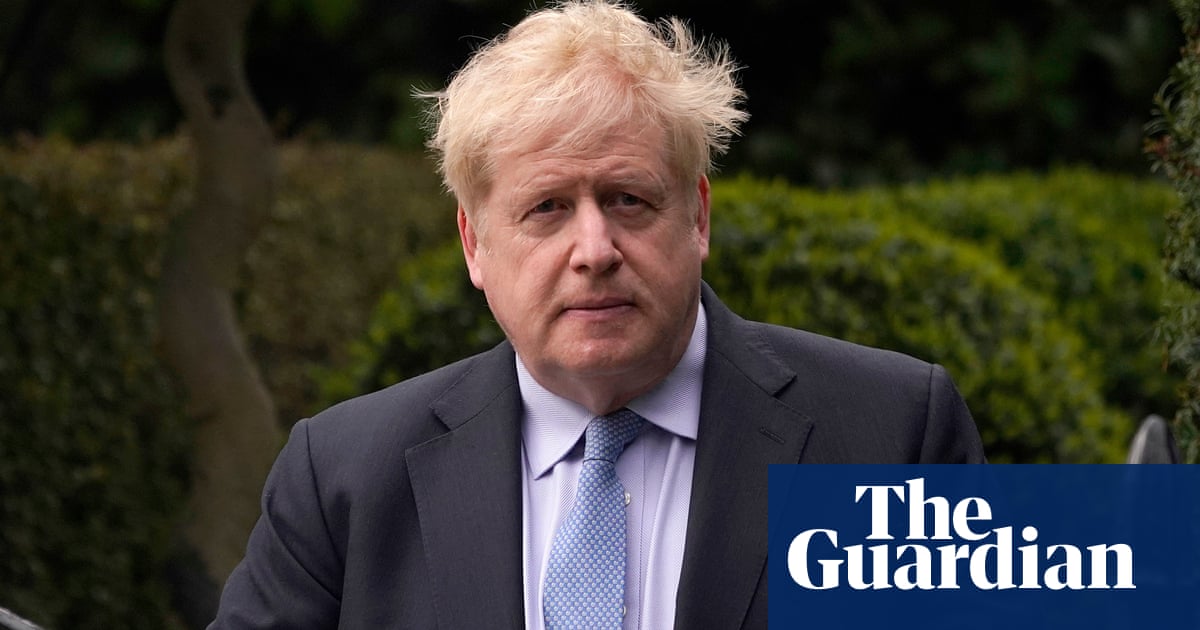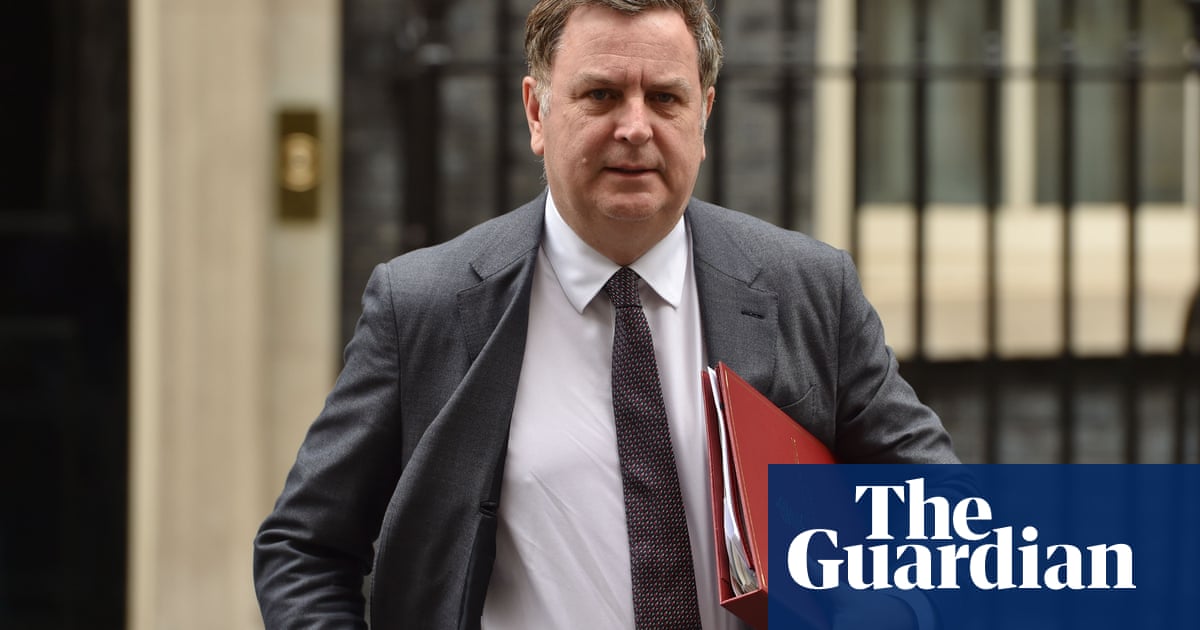The Facts
On Friday, former British PM Boris Johnson said he had shared his unredacted WhatsApp messages directly with the COVID inquiry — chaired by Heather Hallett — bypassing the Cabinet Office, which is pursuing legal action to challenge the process.
However, Johnson has reportedly only handed over a message archive dating to May 2021 or later and has yet to hand over messages showing discussions he had during the 2020 pandemic lockdowns.
The Spin
Pro-establishment narrative
Even if there's a cover-up by the UK government, keeping sensitive information confidential is a crucial executive principle. If fulfilled in its entirety, the inquiry's demand would set a dangerous precedent wherein literally anyone and everyone could force ministers to show their WhatsApp messages and eventually restrict the administration's ability to have group discussions on public policies.
Establishment-critical narrative
Though the noise surrounding the fiasco should be distinct from the central principles of privacy and confidentiality, the fight between the inquiry, Johnson, and Sunak's government is extremely concerning. While the truth about how the UK handled the pandemic must come out, the tussle over WhatsApp messages shows the implications of running public administration through a messaging app.
Cynical narrative
Even as WhatsApp messages are personal and confidential, Downing Street should not be the one to decide what's relevant and what isn't. Like Johnson, Sunak was a key player in handling the pandemic, and their conflicting responses to the inquiry not only raises questions about the rights of the individuals but also eyebrows about the government's conduct during the crisis.




